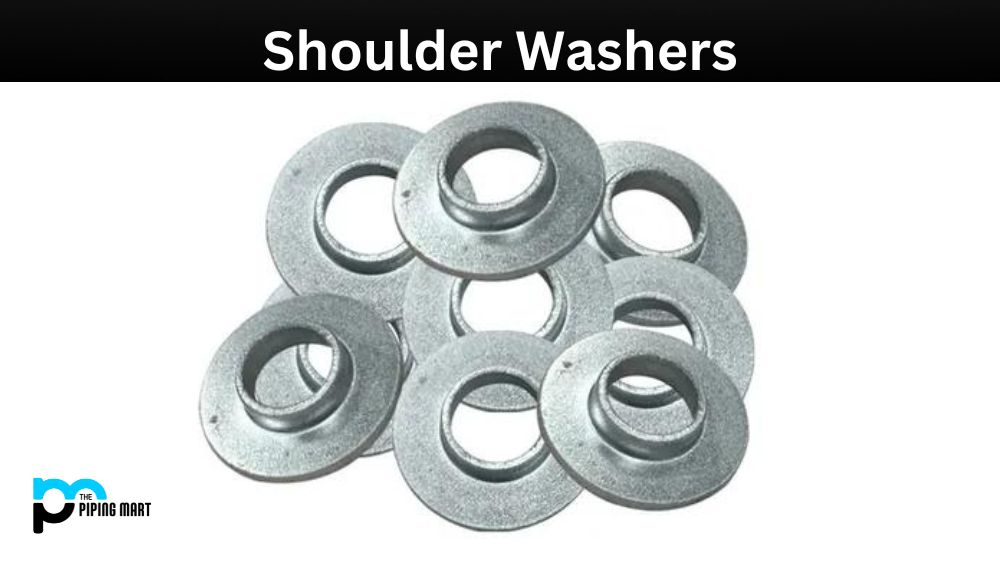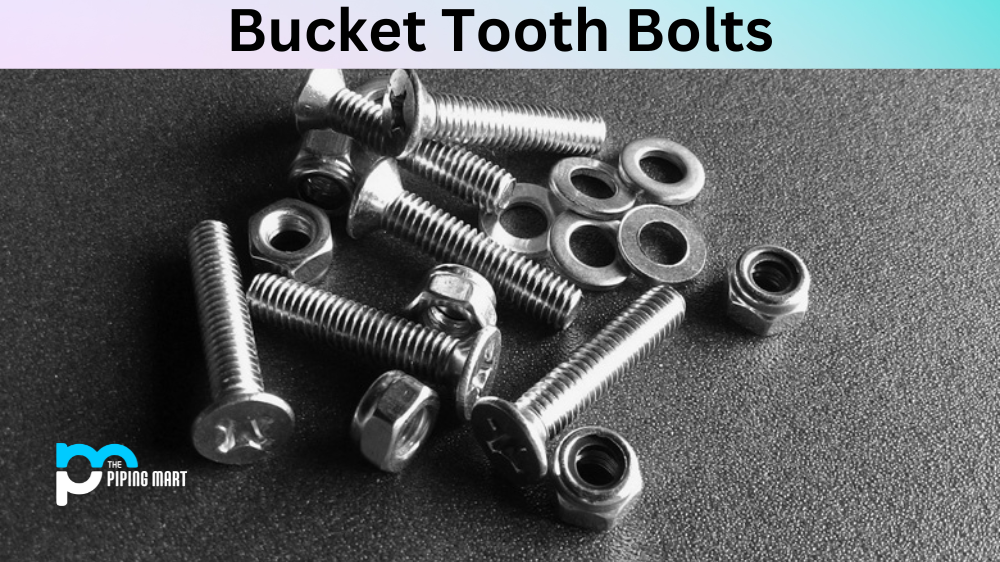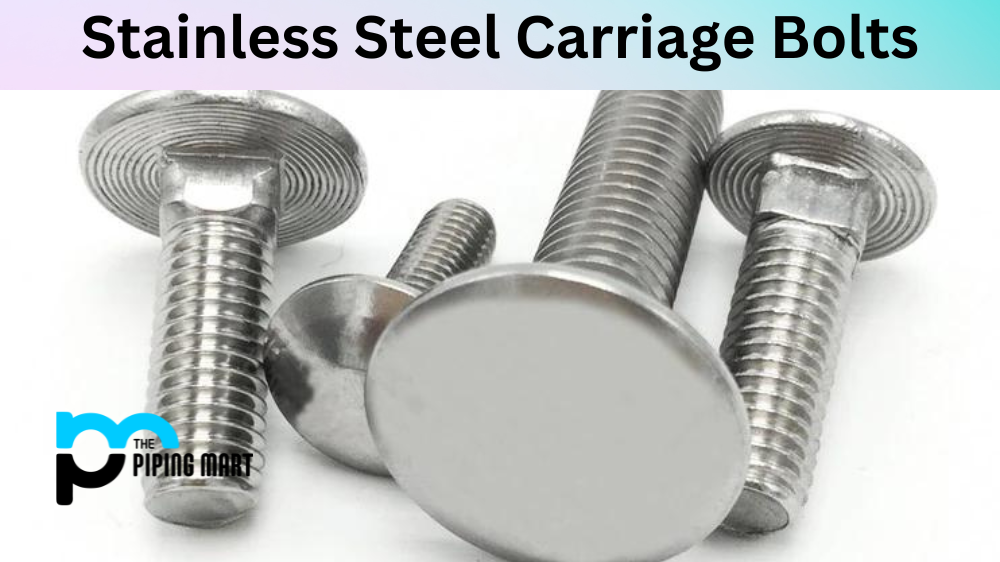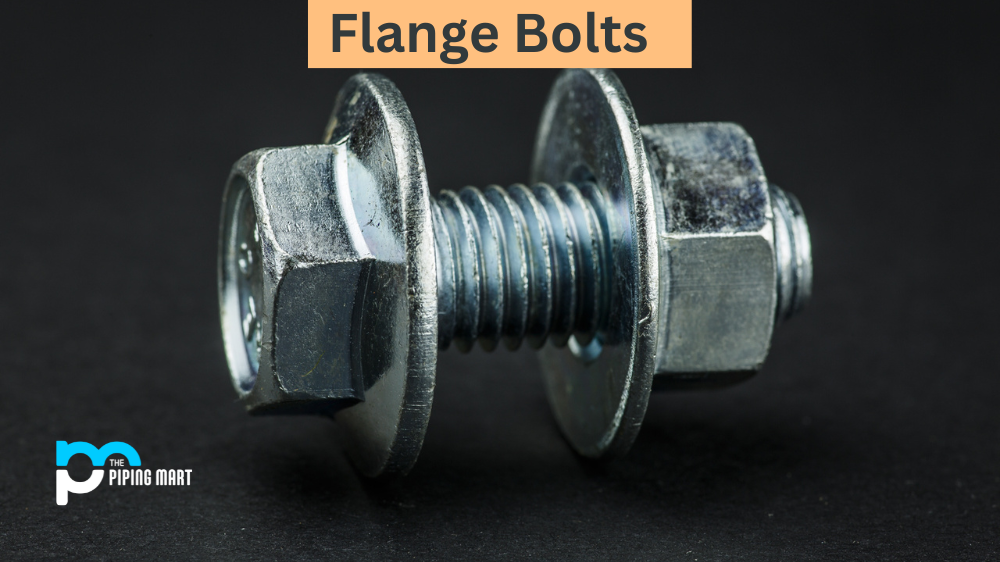Shoulder washers are commonly used within a variety of industries, especially in manufacturing and engineering fields. They are a type of spacers that act as a cushion between two components and create a stable, secure, and reliable connection. Despite their simplicity, they can help eliminate vibration, reduce noise, and protect equipment from damage. However, like any other hardware component, shoulder washers have their advantages and disadvantages that need to be taken into account while making a decision. In this blog post, we will explore the pros and cons of shoulder washers so that you can make an informed decision about their application.
Advantages of Shoulder Washers:
Reduced Wear and Tear: Shoulder washers can increase the lifespan of equipment and machinery by reducing wear and tear caused by vibration and friction. They increase the degree of stability between two components which ultimately results in less movement, reducing the chances of damage to the equipment.
Lower Noise Levels: Using shoulder washers can help reduce the noise levels of machinery as they reduce the amount of movement between the components. With less movement, there is less vibration, which in turn reduces noise levels, making the work environment much more comfortable for workers.
Lower Maintenance Costs: Since shoulder washers prevent the components from rubbing against each other, they reduce the possibility of lubrication contamination and wear and tear on the components, which ultimately lowers maintenance costs.
Disadvantages of Shoulder Washers:
Increased Assembly Time and Complexity: Using shoulder washers can add complexity to the assembly process. Given their small size, insertion and placement into the assembly requires precision and time which in turn can lead to a slower assembly process.
Increased Material Cost: Shoulder washers are not as inexpensive as standard washers. They have an additional shoulder spacing feature which leads to increased material cost as compared to the standard washers.
Limited Temperature Range: Shoulder washers have a limited temperature range and cannot be used in high temperature environments. In comparison to metal washers, shoulder washers have a lower thermal capacity which restricts their use in high-temperature applications.
Limited Load Capacity: Shoulder washers are relatively weaker in terms of load-bearing capacity in comparison to other components like thrust washers or spacers. Structurally, shoulder washers are better suited to low-load, high-precision applications.
Conclusion:
Shoulder washers are a simple but helpful component for many applications. They can help reduce wear and tear, noise, and maintenance costs. However, they do have their limitations, and it is important to understand them well when making a decision on whether to use them. If you’re looking for reliable hardware components, be sure to consider shoulder washers as they may prove to be the solution you are looking for. As always, consider your application needs and make a well-informed hardware selection.
Sakshee is a talented blogger, with a particular focus on the Business and Metal Industry. She is passionate about sharing her insights on various metal products and helping professionals to make a better decisions.




